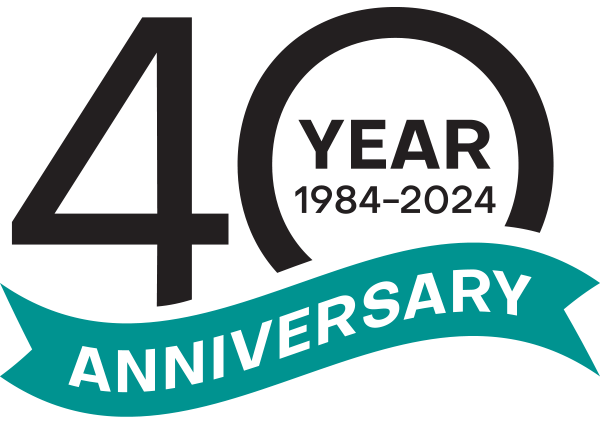Corporate Compliance
Lorem ipsum dolor sit amet, consectetur adipiscing elit. Nunc placerat urna vitae urna ornare hendrerit. Etiam ipsum leo, sodales eu sollicitudin in, venenatis eu augue. Etiam consectetur placerat odio, ut cursus orci. Sed vestibulum dui feugiat elit sodales, vel hendrerit massa sollicitudin. Praesent facilisis odio ante, id laoreet sapien porta ultricies. Aenean vitae dui vitae turpis aliquet auctor. Ut non ante luctus, malesuada magna nec, condimentum mauris. Ut finibus nisl sed libero interdum rhoncus. Fusce id libero in magna ultricies scelerisque. Fusce tempor felis ut egestas dapibus. Integer vitae eros nec nunc interdum facilisis. Aliquam quis turpis est. Quisque sed elit ac purus varius condimentum eu a neque. Praesent massa metus, pellentesque at maximus eget, accumsan et ipsum.
Donec luctus tortor egestas orci sollicitudin aliquam. Mauris mollis lectus pretium consectetur fermentum. Proin tristique nec mi vel pretium. Nulla vulputate magna leo, ut commodo sem dictum nec. Duis efficitur, odio non luctus dapibus, sem urna dictum nibh, a accumsan sapien eros dapibus purus. Nunc a ligula dui. In hac habitasse platea dictumst. Nunc ac quam vitae neque suscipit sodales sed nec nunc.
Suspendisse eu enim est. Fusce tempor erat nec euismod porta. Aenean egestas vulputate bibendum. Vestibulum at varius mauris. Sed feugiat, velit eget posuere dapibus, ipsum purus tristique magna, sed placerat lectus dolor at orci. In mattis sodales ipsum, non efficitur nisl aliquet vitae. Suspendisse nibh ipsum, convallis nec congue vel, aliquet sed dui. Suspendisse ullamcorper scelerisque ornare. Nulla ante erat, auctor eu convallis ut, dapibus nec ligula. Fusce ac laoreet lacus. Maecenas dictum turpis vitae leo venenatis, vitae sodales mauris cursus. Etiam elit enim, commodo a facilisis vitae, ullamcorper id ligula. Cras quis orci nec sem semper dictum sit amet vitae quam. Phasellus commodo massa facilisis nisi placerat lobortis. Curabitur sollicitudin massa justo, et accumsan ligula lacinia vitae.
Donec enim ligula, sodales varius nibh ut, porttitor consequat risus. Quisque aliquam elit vitae est blandit interdum. Praesent in massa et orci dapibus facilisis. Donec consectetur tempus metus non faucibus. Etiam nibh sem, tristique id vestibulum a, tempus quis sem. Phasellus molestie mi metus, eu aliquet urna eleifend nec. Vivamus condimentum auctor ornare. Duis sodales commodo ipsum. Nullam id est vel purus laoreet porttitor nec in lacus. Sed vitae nisl sed nulla cursus pulvinar. Praesent rhoncus, purus eu vestibulum euismod, libero sem iaculis felis, vel sagittis dolor turpis ac massa. Mauris aliquam quam a orci egestas cursus. Vestibulum cursus molestie neque, id pulvinar tellus semper ut. Etiam urna nibh, tempus ultrices hendrerit mattis, facilisis nec urna.
Donec iaculis orci erat, a finibus nulla efficitur sed. Fusce nunc odio, sollicitudin eleifend ante eu, scelerisque efficitur ante. Nulla facilisi. Suspendisse a est suscipit, hendrerit lectus vitae, pretium.





